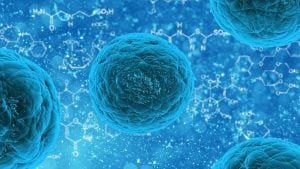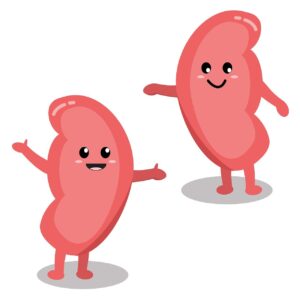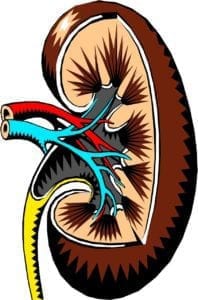Autosomal Recessive Polycystic Kidney Disease (ARPKD)
What is autosomal recessive polycystic kidney disease (ARPKD)?
Autosomal recessive polycystic kidney disease (ARPKD) is a form of polycystic kidney disease. PKD is a genetic disorder that causes cysts to grow in the kidneys, which damages them and reduces their function.
ARPKD is the recessive form of this disease, meaning that both parents must pass down the mutated gene in order for the child to have ARPKD. Children who inherit only one copy of the gene will only be carriers, but will still have the risk of passing down the disease to their children.
This form of PKD usually presents signs before birth, and it is often called infantile PKD because of this. Despite this name, some people do not experience symptoms until later childhood or even adulthood.
What are the symptoms of ARPKD?
The major symptom of this disease is the cysts that form in the kidneys. These cysts can lead to kidney failure and problems with other organs like the liver, blood vessels of the heart, and blood vessels of the brain. Severity of symptoms varies from mild to severe. Symptoms include enlarged kidneys, high blood pressure, pain in the sides and back, decreased urine production, kidney failure, weakness, fatigue, changes in appetite, swelling, frequent urination, poor digestion, and excessive thirst.
The liver is also affected in ARPKD. All of those with ARPKD develop congenital hepatic fibrosis, but not all face liver dysfunction. Other complications include an enlarged liver, inflammation and infections of the bile ducts, and high blood pressure in the main vein of the liver. If this vein ruptures, potentially fatal bleeding may occur. The spleen may also be enlarged by ARPKD.
Severe cases of ARPKD can cause fatalities during or shortly after birth. If the kidneys are extremely enlarged they can impair the lungs from fully developing. This underdevelopment can cause respiratory complications during birth that lead to death. Severe cases of ARPKD may also cause deep-set eyes, a small jaw, a flattened nose, and low-set ears.
What causes of ARPKD?
A mutation in the PKHD1 gene causes this disease, and this mutation must be inherited in an autosomal recessive pattern.
How is ARPKD diagnosed?
In order to diagnose this disease doctors will look at family history, medical history, symptoms, lab tests, and a physical examination. Ultrasounds, CT scans, MRIs, and genetic testing are all used to diagnose and assess ARPKD.
What are the treatments for ARPKD?
There is no cure for ARPKD. Treatment consists of supportive care and symptom management. Ventilation can help with underdeveloped lungs, surgery can remove an extremely enlarged kidney, dialysis treats kidney failure, medication helps with high blood pressure, antibiotics help with infections, and kidney transplants are an option. If the liver is affected, a liver transplant may be recommended.
Where can I find out more about ARPKD?
Autosomal Recessive Polycystic Kidney Disease Articles

Cubs Fan with PKD Goes to Wrigley Field in Search of Kidney Donor


Study of the Week: A Ketogenic Diet Could Benefit APDKD Patients


The Creation of Cilia-Free Stem Cells Aids in Finding the Cause of Polycystic Kidney Disease






